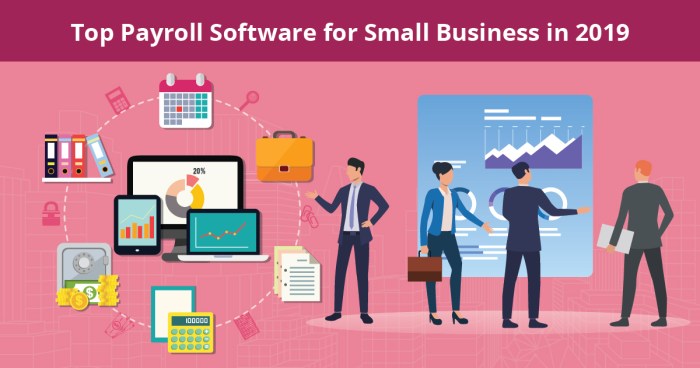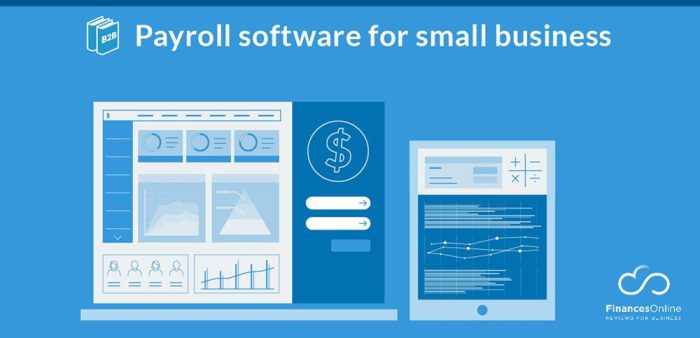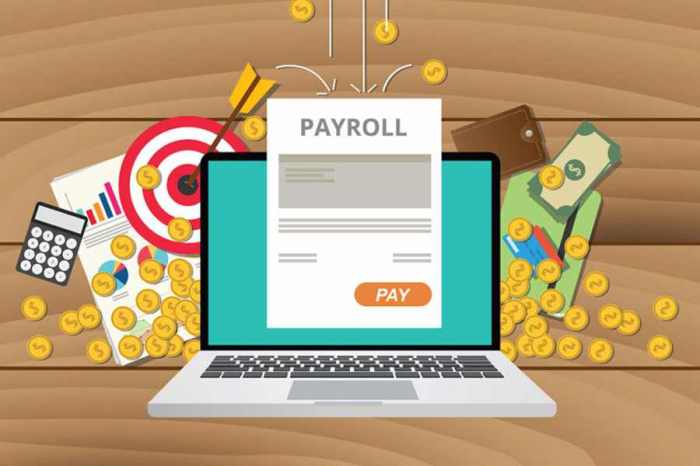Running a small business is demanding. Juggling marketing, sales, operations, and finances can feel overwhelming. One area that often consumes disproportionate time and effort is payroll. Manual payroll processing is prone to errors, time-consuming, and ultimately, costly. This is where payroll software for small businesses steps in, offering a streamlined and efficient solution to manage employee compensation and related tasks.
This comprehensive guide will explore the benefits, features, and considerations involved in choosing the right payroll software for your specific needs.
Understanding the Need for Payroll Software in Small Businesses
For small business owners, time is a precious commodity. Spending hours each month calculating wages, deductions, and taxes is time that could be better spent focusing on growth and development. Payroll software automates these complex calculations, minimizing the risk of errors and freeing up valuable time. Beyond time savings, payroll software offers several crucial advantages:
- Accuracy: Automated calculations significantly reduce the chance of human error, ensuring accurate and timely payments to employees.
- Compliance: Staying compliant with ever-changing tax laws and regulations is crucial. Payroll software often includes built-in updates to ensure your payroll practices remain compliant.
- Efficiency: Automating tasks like tax calculations, direct deposit, and reporting streamlines the entire payroll process, saving both time and money.
- Cost Savings: While there’s a cost associated with payroll software, the savings in time, reduced errors, and potential penalties for non-compliance often outweigh the expense.
- Employee Satisfaction: Accurate and timely payments contribute to a positive employee experience, boosting morale and retention.
Key Features to Look for in Small Business Payroll Software
The market offers a wide range of payroll software solutions, each with its own set of features. When selecting a software, consider these essential features:
Essential Features:
- Employee Management: Easy-to-use tools for adding, managing, and tracking employee information (contact details, pay rates, tax information, etc.).
- Time and Attendance Tracking: Integration with time clocks or timesheets for accurate recording of employee hours worked.
- Payroll Calculation: Automated calculation of gross pay, net pay, deductions (taxes, benefits, etc.), and other relevant payroll components.
- Direct Deposit: Secure and efficient direct deposit of employee wages into their bank accounts.
- Tax Filing and Reporting: Automated generation and filing of payroll tax forms (e.g., W-2s, 1099s) and other required reports.
- Reporting and Analytics: Comprehensive reporting capabilities to track payroll expenses, employee compensation, and other key metrics.
Advanced Features (Consider based on your needs):, Payroll software for small business
- HR Management Integration: Integration with HR software for a more holistic view of employee data and management.
- Benefits Administration: Management of employee benefits such as health insurance, retirement plans, and paid time off.
- Expense Reimbursement: Tools for tracking and reimbursing employee expenses.
- Mobile Accessibility: Ability to access and manage payroll data from mobile devices.
- Customer Support: Reliable customer support channels (phone, email, chat) to address any questions or issues.
Types of Payroll Software for Small Businesses
Payroll software solutions are available in various forms, each catering to different business needs and budgets:

Source: softwaresuggest.com
- Cloud-Based Payroll Software: Accessed via the internet, eliminating the need for local software installation. Offers flexibility and accessibility from anywhere with an internet connection. Examples include Gusto, QuickBooks Online Payroll, and ADP Run.
- On-Premise Payroll Software: Installed directly onto a company’s computer system. Offers greater control over data security but requires more technical expertise and maintenance.
- Self-Service Payroll Software: Allows employees to access their pay stubs, W-2s, and other payroll-related information online. Improves employee satisfaction and reduces administrative burden.
Choosing the Right Payroll Software: Factors to Consider: Payroll Software For Small Business
Selecting the appropriate payroll software involves careful consideration of several factors:

Source: financesonline.com
- Number of Employees: Software pricing often scales with the number of employees.
- Industry-Specific Requirements: Certain industries have unique payroll regulations that require specialized software.
- Budget: Payroll software pricing varies widely, from basic plans to comprehensive suites with advanced features.
- Integration with Existing Systems: Consider compatibility with your accounting software, HR software, and other business tools.
- Scalability: Choose software that can accommodate your business’s growth and changing needs.
- Customer Support: Reliable customer support is essential for addressing any questions or technical issues.
Frequently Asked Questions (FAQs)
- Q: Is payroll software worth the cost for a small business? A: Yes, the time savings, accuracy improvements, and reduced risk of penalties generally outweigh the cost of payroll software.
- Q: What are the common payroll deductions? A: Common deductions include federal and state income taxes, Social Security and Medicare taxes (FICA), health insurance premiums, retirement plan contributions, and others.
- Q: How do I choose the right payroll software for my business? A: Consider factors like the number of employees, budget, industry-specific needs, integration with existing systems, and scalability.
- Q: Is cloud-based payroll software secure? A: Reputable cloud-based payroll providers employ robust security measures to protect your data. Look for providers with certifications and strong security practices.
- Q: What happens if I make a mistake in payroll? A: Errors can lead to penalties and fines. Accurate payroll software helps minimize errors, but it’s important to review payroll data regularly and seek professional help if needed.
Resources
- IRS Website
-For information on tax regulations and compliance. - Small Business Administration (SBA)
-For resources and support for small businesses. - Gusto
-Popular cloud-based payroll software. - QuickBooks Online Payroll
-Another widely used cloud-based payroll solution. - ADP
-A large payroll provider offering various solutions for businesses of all sizes.
Conclusion
Implementing payroll software is a strategic investment for any small business. By automating payroll processes, you can save time, reduce errors, and ensure compliance with tax regulations. Choosing the right software requires careful consideration of your business needs and budget. This guide provides a comprehensive overview to help you make an informed decision and streamline your payroll operations.
Call to Action
Ready to simplify your payroll and focus on growing your business? Explore the payroll software options mentioned above and choose the one that best fits your needs. Start your free trial today and experience the benefits of automated payroll processing!
User Queries
What are the typical costs associated with payroll software for small businesses?
Costs vary widely depending on the features, number of employees, and provider. Expect monthly or annual subscription fees, with pricing often tiered based on usage.
How do I ensure the security of employee data when using payroll software?

Source: fitsmallbusiness.com
Choose reputable providers with robust security measures, including encryption and regular security audits. Familiarize yourself with their data privacy policies and ensure compliance with relevant regulations.
Can payroll software integrate with my existing accounting software?
Many payroll software options offer seamless integration with popular accounting platforms, streamlining your financial management processes. Check for compatibility before selecting a solution.
